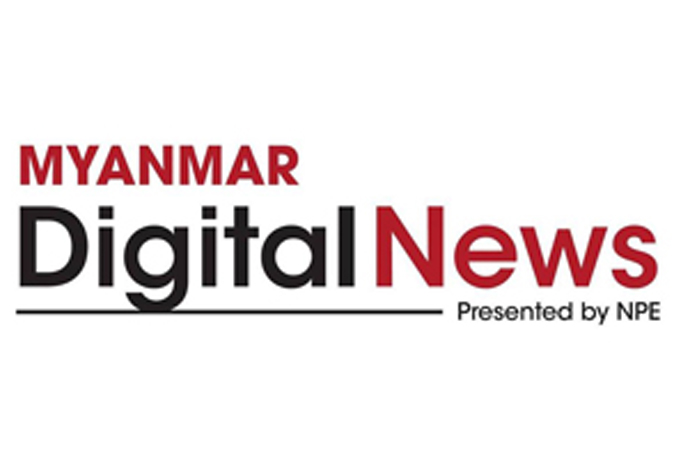IN BOTH developing and developed countries, financial transaction systems operate in pursuit of international standards, ensuring smooth economic flows and the well-being of citizens in various aspects of their socioeconomic lives. On 27 February this year, the implementation of MMQR, Myanmar’s National QR Standard for digital payments was officially launched.
As it was a significant milestone in the development of Myanmar’s financial services sector, the national-level QR code system, Myanmar QR (MMQR) — which enables fast and convenient payments — has been implemented in conformity with Myanmar’s national standards. It is now ready for use in alignment with international standards.
With the advancement of information and communication technology in Myanmar, mobile phone usage has significantly increased, leading to the widespread adoption of mobile financial services. As mobile phone penetration rises, people in regions without traditional banking services increasingly require financial services.
To facilitate broad access to digital payment methods, the Central Bank of Myanmar has implemented regulatory frameworks for mobile banking, internet banking, mobile financial services, mobile payment services, and merchant payment processing services to enable people to be friendly with advanced financial techniques under the law, rules and regulations, and directives.
Moreover, the system efficiently manages government-related payments, such as electric meter bills, taxes, salaries for public and private employees, insurance premiums, and microfinance loans. In line with the National Payment System Strategy, the development of digital banking has created a need for a seamless interconnection between different financial service providers. The adoption of MMQR enables interoperability across financial systems through a standardized QR code, ensuring secure and efficient digital transactions.
As the primary entity overseeing Myanmar’s payment system, the Central Bank of Myanmar aims to modernize the financial system to align with international standards. This includes promoting financial inclusion, reducing reliance on cash, expanding digital payments, and streamlining trade, investment, tourism, and international remittances.
With the implementation of MMQR, Myanmar integrates various QR payment systems, making transactions more convenient and accessible for the people. It enables cost-effective, fast, and secure digital payments in daily life. Since many citizens have limited knowledge of digital financial systems, ongoing educational efforts are necessary to ensure the widespread adoption of MMQR.
As such, the launch of MMQR benefits both unbanked individuals and existing users by enhancing financial participation, reducing cash dependence, and providing access to diverse financial services in line with international digital finance standards.


